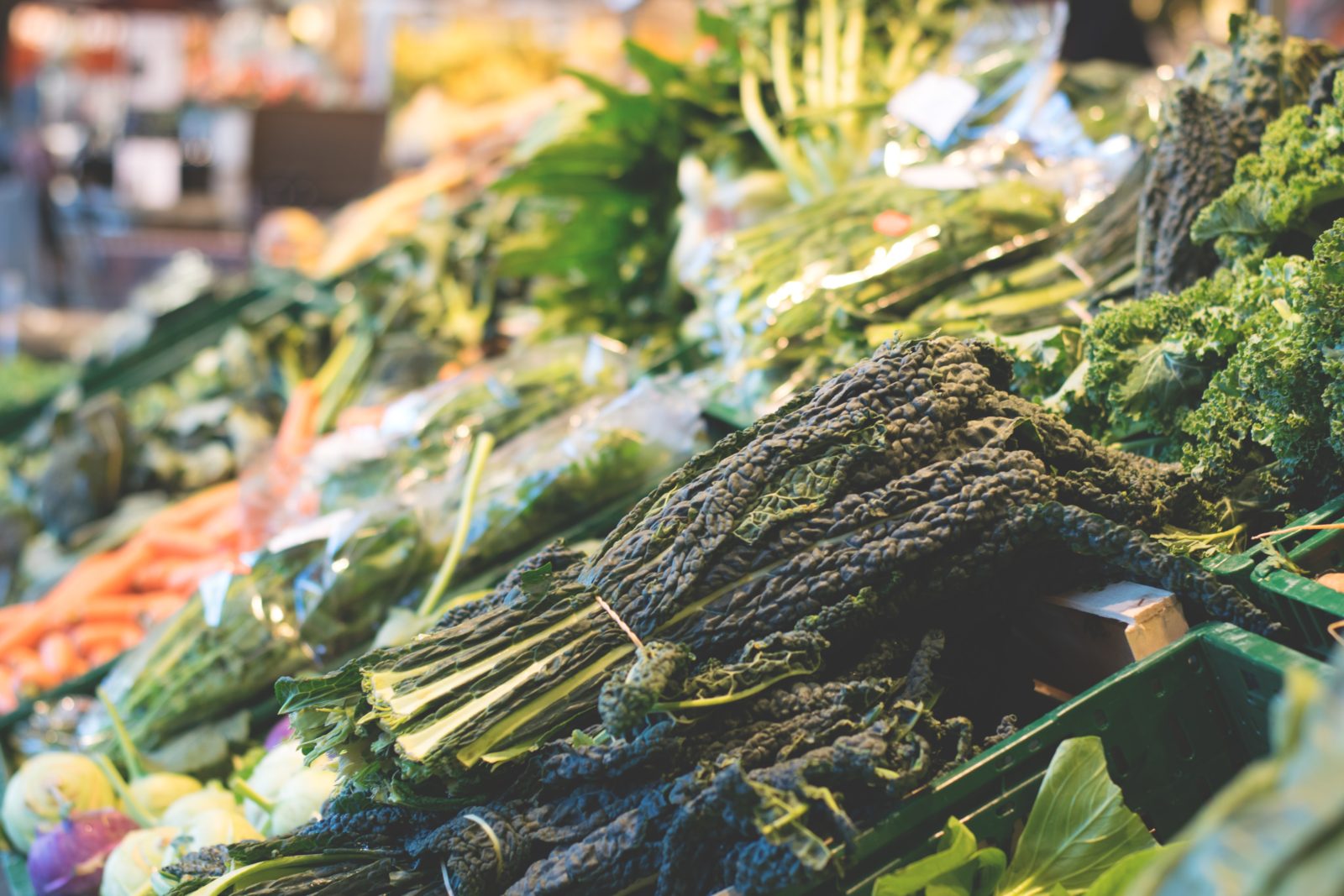The Office for the Protection of Economic Competition (ÚOHS) has concluded its examination of price developments in the food market and found no violations of economic competition, including abuse of dominant position or indications of cartel agreements. Petr Mlsna, Chairman of ÚOHS, stated in a press conference on Tuesday that the market is responding to the rise in input costs. Therefore, the office does not recommend the implementation of price regulation.
After food prices rapidly rose last autumn, the antimonopoly office investigated the pricing of milk, butter, eggs, flour, and chicken meat. The office analyzed price developments since 2018, taking into account five significant events that could have influenced price increases, such as the onset of the energy crisis and the beginning of the war in Ukraine. A separate investigation is being conducted on sugar prices.
As part of the inquiry, the officer approached over 200 companies across the supply chain and more than 14 industry associations. According to the presented findings, the highest margin for all five commodities is observed in the production-trading chain on the side of primary producers. Rising input costs, such as energy and transportation, have affected the margins at every stage of the supply chain.
Mlsna stated, “Experiments with price regulation in the food sector have shown that they ultimately lead to higher prices for consumers, as suppliers prioritize exports over saturating the domestic market.”
For four out of the five commodities, the product passes through three stages from the producer or breeder to the retailer, including primary production, processing, and retail. In the case of eggs, there are only two stages. Where the supply chain has three locations, such as milk, customers experience a threefold increase in energy costs in the final price.
The prices of all five commodities started to rise after the outbreak of the war in Ukraine, influenced by the increase in energy prices. The cost of chicken meat was also affected by the avian flu pandemic. At the same time, representatives from all parts of the supply chain attributed margin increases to the rising energy and transportation costs due to fuel price hikes.
The Minister of Agriculture, Zdeněk Nekula (KDU-ČSL), submitted a request to ÚOHS concerning high food prices at the end of February. The ministry specifically sought to investigate the significant increase in sugar prices last autumn. In March, the Ministry of Agriculture filed a second request to ÚOHS regarding high egg prices.
The Czech Trade Inspection (ČOI) and the State Agricultural and Food Inspection (SZPI) have already conducted food inspections. According to Vojtěch Bílý, the spokesperson for the Ministry of Agriculture, the checks revealed several violations, both in terms of food law and consumer protection law.





